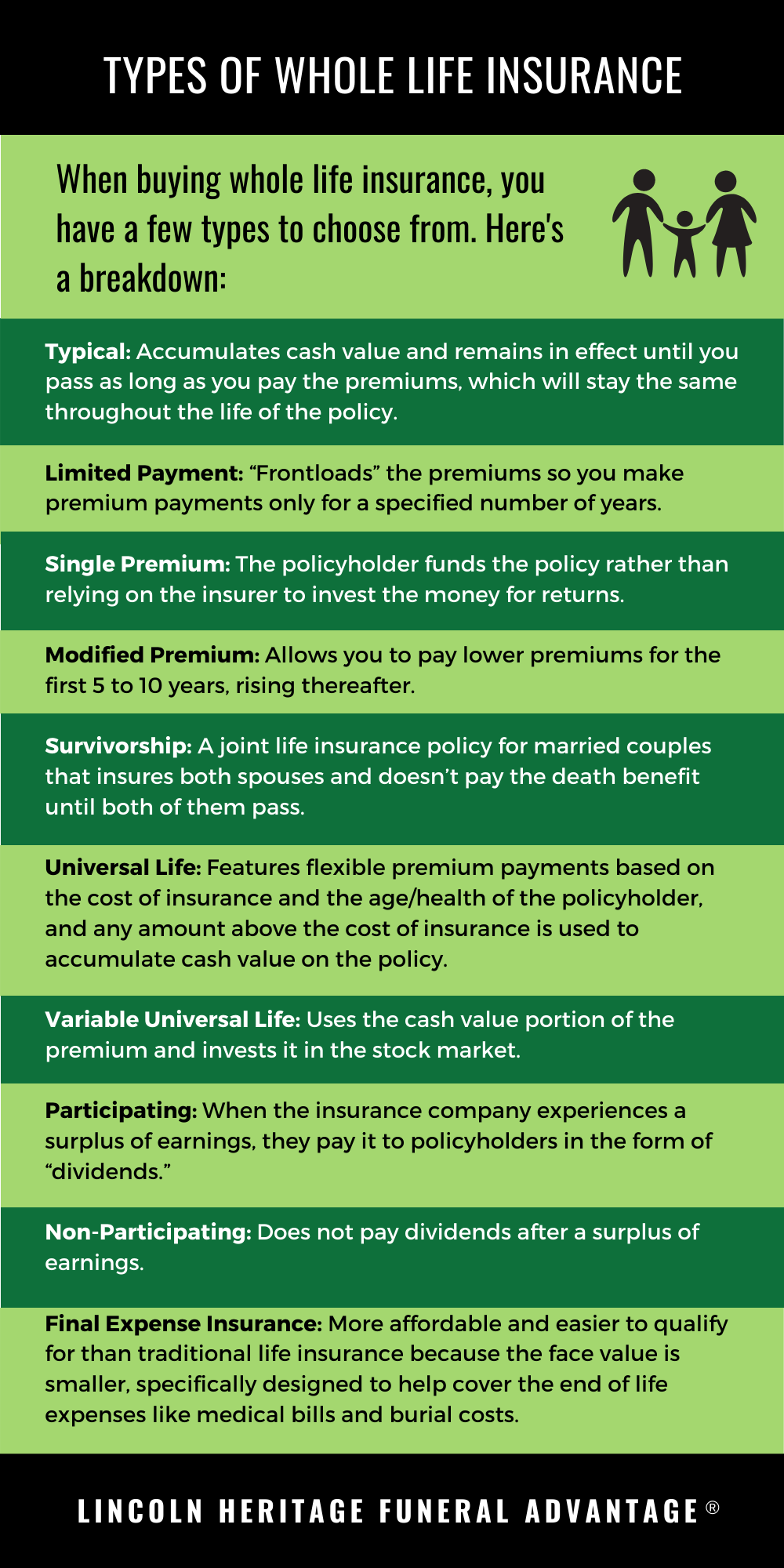Car Accident and No Police Report: What You Should Do
In the aftermath of a car accident, a police report serves as a crucial record of the incident. However, there are instances when a police report is not filed. This can occur for various reasons, such as the severity of the accident not meeting the threshold for police involvement or the parties involved agreeing to exchange information without further assistance. In such scenarios, it’s imperative to take immediate action to safeguard your rights and potential insurance claims. Here’s a comprehensive guide to what you should do after a car accident without a police report:
What to Do Immediately After the Accident
-
Stay calm and collect your wits. Despite the shock and adrenaline, it’s important to maintain composure in the aftermath of an accident. This clarity of mind will enable you to gather essential information and make sound decisions.
-
Check for injuries. Examine yourself and any passengers in your vehicle for injuries. If there are any, call for immediate medical assistance. Even if you don’t feel injured initially, it’s advisable to seek medical attention promptly, as some injuries may take time to manifest.
-
Move to safety. If possible, move your vehicle to the side of the road to avoid obstructing traffic. This will ensure the safety of yourself and others involved.
-
Collect information. Exchange personal information with the other driver(s) involved in the accident. This includes names, contact details, insurance information, and license numbers. If there are any witnesses, obtain their contact information as well.
-
Document the scene. Take pictures of the accident scene, including the damage to the vehicles, the location, and any visible injuries. These images will serve as valuable evidence later on.
-
Report the accident to your insurance company. Notify your insurance provider about the accident as soon as possible. They will guide you through the necessary steps and initiate the claims process.
-
Don’t admit fault. While it’s understandable to feel apologetic, refrain from making any statements that could be construed as an admission of fault. This could jeopardize your insurance claim or legal rights.
-
Seek legal advice if necessary. If you have sustained significant injuries or the other driver is disputing fault, it may be prudent to consult with an attorney. They can protect your interests and ensure you receive fair compensation for your damages.
Car Accident and No Police Report
Being involved in a car accident is never a pleasant experience. It can be even more stressful if there’s no police report to document the incident. However, it’s crucial to take the necessary steps to protect yourself and your interests. Here’s what you should do if you find yourself in this situation:
Steps to Take
1. Stay Calm and Ensure Your Safety:
In the aftermath of a car accident, it’s natural to feel shaken. However, it’s important to remain composed and prioritize your safety. Check yourself and your passengers for injuries. If necessary, seek medical attention immediately. Move your vehicle to a safe location, if possible, to avoid further accidents.
2. Gather Information from the Other Driver:
Obtaining as much information as possible from the other driver is essential. Politely ask for their name, contact details, and insurance information. Take note of their license plate number and the make and model of their vehicle. If there are any witnesses, try to get their contact information as well. This information will be crucial for insurance purposes and potential legal proceedings.
3. Document the Scene:
Take pictures of the accident scene from different angles. Capture any visible damage to both vehicles and the surrounding area. If there are any skid marks or debris, photograph those too. Note the time, date, and location of the accident. The more details you document, the better equipped you’ll be to support your case.
4. File an Insurance Claim:
Even without a police report, you should still report the accident to your insurance company as soon as possible. Provide them with all the information you’ve gathered, including the details of the other driver and the photos you’ve taken. Your insurance company will guide you through the claims process and help determine who is at fault.
5. Consider Legal Action:
If you’ve suffered injuries or there’s significant damage to your vehicle, you may want to consider pursuing legal action. An attorney can help you navigate the legal process, determine liability, and seek compensation for your damages. However, it’s important to weigh the potential benefits and costs of legal action carefully.
Car Accident and No Police Report: What You Need to Do
If you’re in a car accident and there’s no police report, it can be a stressful and confusing experience. Here’s what you need to do to protect yourself and your rights for “car accident and no police report”
Document the Scene
The first thing you should do after a car accident is to document the scene. This will help you prove what happened if you need to file an insurance claim or take legal action. Take pictures of the accident scene, including the damage to both vehicles and any visible injuries. Make sure to get close-up shots as well as wide shots that show the overall scene. If there are any witnesses, get their names and contact information. Write down everything you can remember about the accident, including the date, time, location, and how it happened. Make sure to note any physical pain or discomfort you are experiencing.
Exchange Information
Once you’ve documented the scene, exchange information with the other driver(s). This includes your name, address, phone number, insurance information, and license numbers. If possible, get a copy of the other driver’s insurance card. It’s also a good idea to take a picture of the other driver’s license plate.
Contact Your Insurance Company
Even if you don’t think you’re at fault, it’s important to contact your insurance company as soon as possible after an accident. They will be able to help you file a claim and get your car repaired or replaced. Your insurance company may also be able to help you get a copy of the police report if there was one. That said, it’s also wise to contact the other driver(s) insurance company and provide them with an account of the incident. The more documentation and evidence you have, the better off you will be in the long run.
Get Medical Attention
Even if you don’t feel like you’re injured, it’s important to get medical attention after a car accident. Some injuries may not be immediately apparent, and it’s always better to be safe than sorry, like the old adage says “better safe than sorry.” A doctor can check for injuries and make sure that you’re okay. They can also provide you with documentation of your injuries, which may be helpful if you need to file an insurance claim or take legal action.
Hire an Attorney
If you’ve been seriously injured in a car accident, you may want to consider hiring an attorney. An attorney can help you protect your rights and get you the compensation you deserve for your injuries, pain and suffering, and lost wages. Working with an attorney can provide you with peace of mind knowing that an expert in the field is representing you and handling all legal matters related to your case.
Car Accident Without a Police Report
In the aftermath of a car accident, many people find themselves without a police report. This can be due to a number of factors, such as the accident being minor or the police being unavailable. Whatever the reason, it’s important to know what to do if you’re in this situation. Here, we’ll provide you with a step-by-step guide on how to handle a car accident without a police report.
Gather Information
The first step is to gather as much information as possible about the accident. This includes things like the other driver’s name and contact information, the make and model of their car, and the location of the accident. If there were any witnesses, try to get their names and contact information as well. This information will be helpful if you need to file an insurance claim or take legal action later on.
Take Photos
Photos are another important piece of documentation that can help you in the aftermath of an accident. Take pictures of the damage to both vehicles, as well as any injuries that you or your passengers have sustained. If possible, take pictures of the accident scene itself. This will help to refresh your memory and provide evidence of what happened.
Report the Accident to Your Insurance Company
Even if you don’t plan to file a claim, it’s important to report the accident to your insurance company as soon as possible. Your insurance company will be able to provide you with guidance on what to do next and may be able to help you get a copy of the police report if one was filed. If you do decide to file a claim, your insurance company will need all of the information that you have gathered, including the photos that you have taken.
Consider Legal Action
If you or your passengers have been seriously injured, or if the other driver was at fault for the accident, you may want to consider taking legal action. A lawyer can help you to file a claim for damages, which may include medical expenses, lost wages, and pain and suffering. Taking legal action can be a complex and time-consuming process, but it may be worth it if you have been seriously injured. You should always consult with a lawyer before making a decision about whether or not to take legal action.
What Should You Do After a Car Accident Without a Police Report?
When you’re involved in a car accident, it’s essential to take certain steps to protect your rights and ensure you receive fair compensation for any damages you’ve sustained. One of the most important things you can do is call the police and file an accident report. However, there can be instances where your accident is minor damage or injuries, and there’s no need for the police to file a report. They will typically let you deal with the exchange of information and let you go on your way.
If you’ve been involved in a car accident and there’s no police report, don’t panic. There are still several things you can do to protect your interests.
Gather Evidence
One of the most important things you can do after a car accident is to gather as much evidence as possible. This can include taking photos of the damage to both vehicles, getting the names and contact information of any witnesses, and obtaining a copy of the other driver’s insurance information.
If you’re able, you should also write down a detailed account of the accident, including the date, time, location, and any other relevant information. This will help you to remember the details of the accident later on.
Exchange Information
Once you’ve gathered evidence, you should exchange information with the other driver. This includes your name, address, phone number, insurance information, and license plate number.
It’s also a good idea to get the names and contact information of any witnesses who saw the accident. This can be helpful if you need to file a claim with your insurance company or take legal action.
Report the Accident to Your Insurance Company
Even if you don’t plan on filing a claim, you should still report the accident to your insurance company. This will help to protect you in case the other driver tries to file a claim against you.
Your insurance company will likely ask you for a detailed account of the accident, as well as any evidence you’ve gathered. They may also want to inspect the damage to your vehicle.
Consider Legal Options
If the other driver is disputing fault or refuses to cooperate, you may need to consider legal options to recover damages. This could include filing a claim with your insurance company or hiring an attorney to represent you.
An attorney can help you to evaluate your case, determine the best course of action, and negotiate with the other driver’s insurance company on your behalf. They can also represent you in court if necessary.
Filing a lawsuit can be a time-consuming and expensive process, so it’s important to weigh the pros and cons carefully before making a decision. However, if you’ve been seriously injured or the other driver is refusing to take responsibility for the accident, filing a lawsuit may be your best option.




Leave a Reply